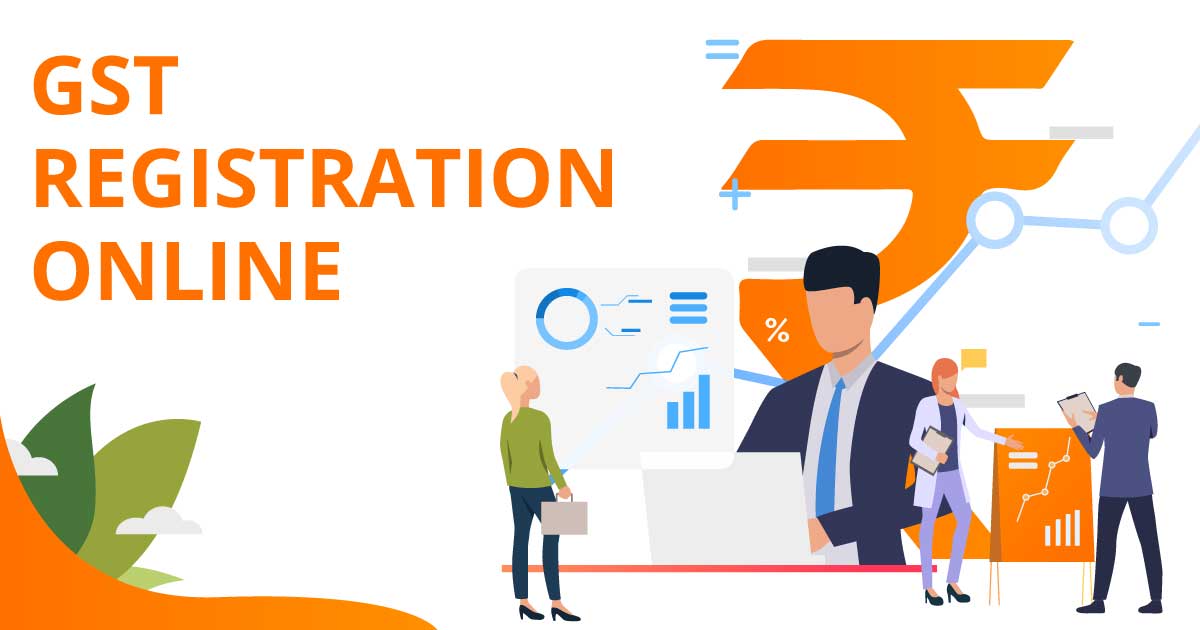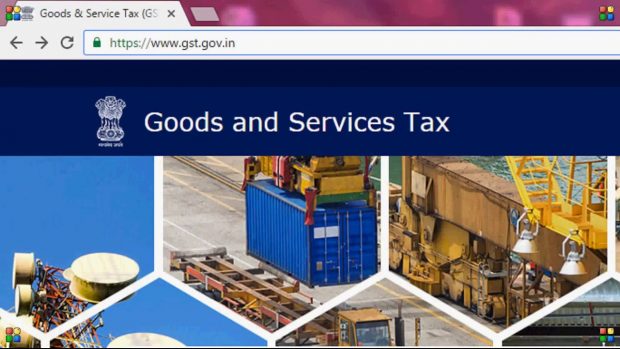If a business’s yearly turnover surpasses Rs. 40 lakh, it is required by GST requirements to register as a normal taxable entity. This is how one goes about registering for GST. The turnover is Rs. 10 lakh for businesses found in hill areas and North-Eastern states. The procedure of gst registration can be completed in six working days.
GST registration is made simple using an online platform. Business owners can register by completing an online form on the GST website and uploading the necessary documentation. Businesses must complete the GST registration process. Without registering for GST, conducting business is illegal and carries serious repercussions.

How does GST registration work?
GST registration refers to the procedure a taxpayer must go through to become registered for the Goods and Services Tax (GST). The Goods and Service Tax Identification Number (GSTIN), which is given following registration, is given. The Central Government provides the 15-digit GSTIN, which aids in determining a company’s GST liability.
How are GST registrations classified?
There are numerous formats for GST Registrations allowed by the GST Act. Before selecting the appropriate type of GST Registration, you must be aware of your options. There are many different types of GST Registration, including:
1. Taxpayer as a whole
This category encompasses the vast majority of businesses in India. You are not obliged to make a deposit in order to become a regular taxpayer. The taxpayers who fall within this category do not also have a deadline.
2. Taxable Casual Persons
This is a possibility for those who want to start a temporary shop or stand. You must post an advance payment equal to the expected GST liability while the stall or temporary store is open. The maximum period for this category’s GST Registration is three months, although it can be renewed or extended.
3. Taxpayer of composition
Make a request if you want the GST Composition Scheme. You must deposit it if your apartment fits this description. Input tax credit eligibility is not applicable to this category.
4. Person taxable as a non-resident
Choose this type of GST Registration if you are located outside of India but sell goods to people who reside there. Like the Casual Taxable Person type, you are required to make a deposit during the time the GST registration is active that is equal to the anticipated GST liability. This kind of GST registration typically lasts for three months, but it is extendable or renewable at the time of expiration.
What is the eligibility for GST registration?
Businesses and individuals must register for GST in the following ways:
- Prior to the GST law coming into effect, individuals registered under the tax services.
- Casual taxpaying persons and non-resident taxpaying persons
- The reverse charge mechanism is used by individuals who pay tax
- Aggregators of e-commerce
- organizations with annual revenues of more than Rs. 40 lakh. In the states of Uttarakhand, Himachal Pradesh, Jammu & Kashmir, and the North-Eastern region, the company should generate more than Rs. 10 lakh in income.
- Agents and distributors of suppliers providing input services
- An e-commerce aggregator is someone who provides goods on behalf of other individuals.
- Non-registered taxable persons who provide database access and online information to Indian citizens from outside the country.
- If a business turns over more than Rs.20 lakh in a year, GST registration is required.

Leave a Reply